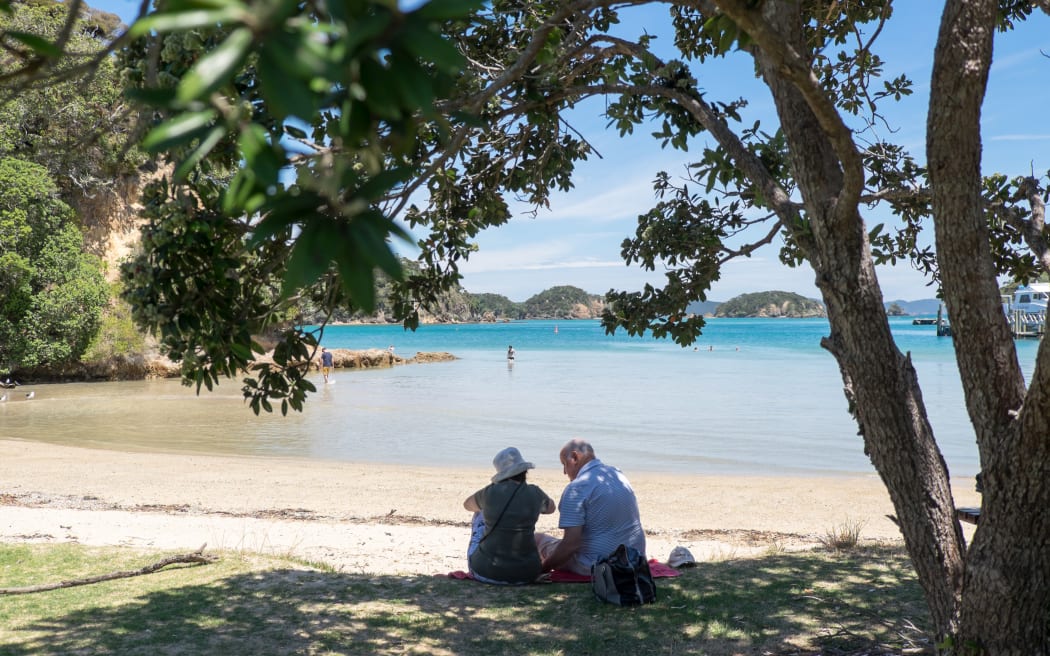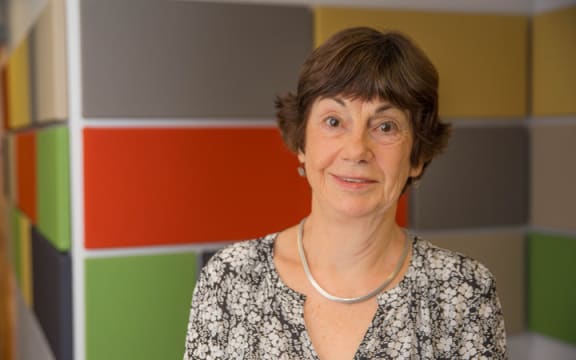All sorts of issues were aired last week when about 20 speakers addressed a conference about retirement income policies at the University of Auckland's Retirement Policy and Research Centre.
Minister of Consumer Affairs Kris Faafoi spoke of his concerns about the growing income inequality in New Zealand, and the need for a "massive culture change. We need to be talking about money around the kitchen table. Money is not a dirty topic," he said.
He also said that raising the age when you start to get NZ Super is "off the table". The Labour Party talked about that in the last two elections before the 2017 election, and did badly, he said. "We live in a political reality."

Photo: 123rf
Among the themes that interested Mary was the idea of smoothing out how much people have to spend throughout their lives - before and after retirement.
Another topic that came up at the conference was the fact a lot fewer older New Zealanders are in poverty than children. But still, many people depend on NZ Super for all or most of their income in retirement. Also, many more people over 65 are continuing to work - some because they want to but some because they have to.
"I thought this was really interesting, about 5 percent of people over 65 are by one definition in poverty, whereas, children up to age 17, that's 38 percent."
And poverty early on in life tends to dictate how people will end up when they're older, she says.
"Having said that, a lot of old people rely totally on New Zealand super, of all people over 65, 40 percent of them manage on New Zealand super plus less than hundred dollars from elsewhere per week.
"So, they're living on largely on New Zealand super and of single people over 65, 40 percent of them have got no other income other than New Zealand super."
On a brighter note, Treasury was reassuring about whether we can afford NZ Super in the future, she says.
"Because the population is aging, which we all know about baby boomers coming into retirement, there will be a bigger percentage of gross domestic product spent on super, but it's not growing as fast, is not projected to grow as fast, as they thought 10 years ago or 20 years ago, the problem is looking not as worrying and that's largely because the projections of what's going to happen the gross domestic product - they think the economy is going to get bigger."
That's partly because more and more old people are staying in the workforce, she says.
"That's been a big change in the numbers, you know, just since the 1990s, the percentage of people over 65 staying in the work, force keeps increasing, especially for women."
Much of the news about health in old age is good, she says.
Life expectancy is increasing, and people typically spend only about a quarter of their retirement needing help with daily living.
"For the average person, the proportion of their retirement where they need daily help … is only about a quarter of the retirement. I think younger people kind of picture retired people, you know, needing lots of care, but for most people, it's only about a quarter of their time spent like that."
The conference also revealed that while the number of people with dementia is growing, the chances of suffering from dementia are decreasing.
However, Māori continue to lag behind on increasing life expectancy. And men suffer from more preventable and treatable non-communicable diseases than women and tend to die younger, she says.

Mary Holm Photo: RNZ/Cole Eastham-Farrelly
People were being encouraged to spend more of their retirement savings, rather than leaving large amounts to their children.
"Susan St John, who's one of the economists who was running the conference, she was saying we've got to encourage people to use more of their capital, not just spend the interest or returns on their retirement savings but eat into their capital."
She also pointed out that there's people feeling less pressure now to leave an inheritance to their children.
"That's partly because the time they die, the kids are quite often in their 60s, with this longer life expectancy mum and dad are dying in the 80s and 90s. Kids are in the 60s, and they don't really need the money at that point."
New Zealand does well on the world stage in several areas, she says.
There's less pressure on resources from an ageing population as we have a higher birth rate than many countries, and more people are continuing to work past 65.
Also, NZ Super is widely praised because of its simplicity and the fact that pretty much everyone can get it, regardless of whether they earned income when they were younger.
New Zealand is also praised for the auto enrollment feature of KiwiSaver, which means the majority of adults belong to the scheme.
"Other countries around the world are watching it and copying it, because it's getting a lot more people into retirement savings when they auto enroll when they get a new job."
A major concern raised at the conference was the declining rate of home ownership as it can affect how much people have to spend in retirement.
Some speakers also said the government needs to help with setting up products such as annuities that help people spread their spending over their retirement years.

